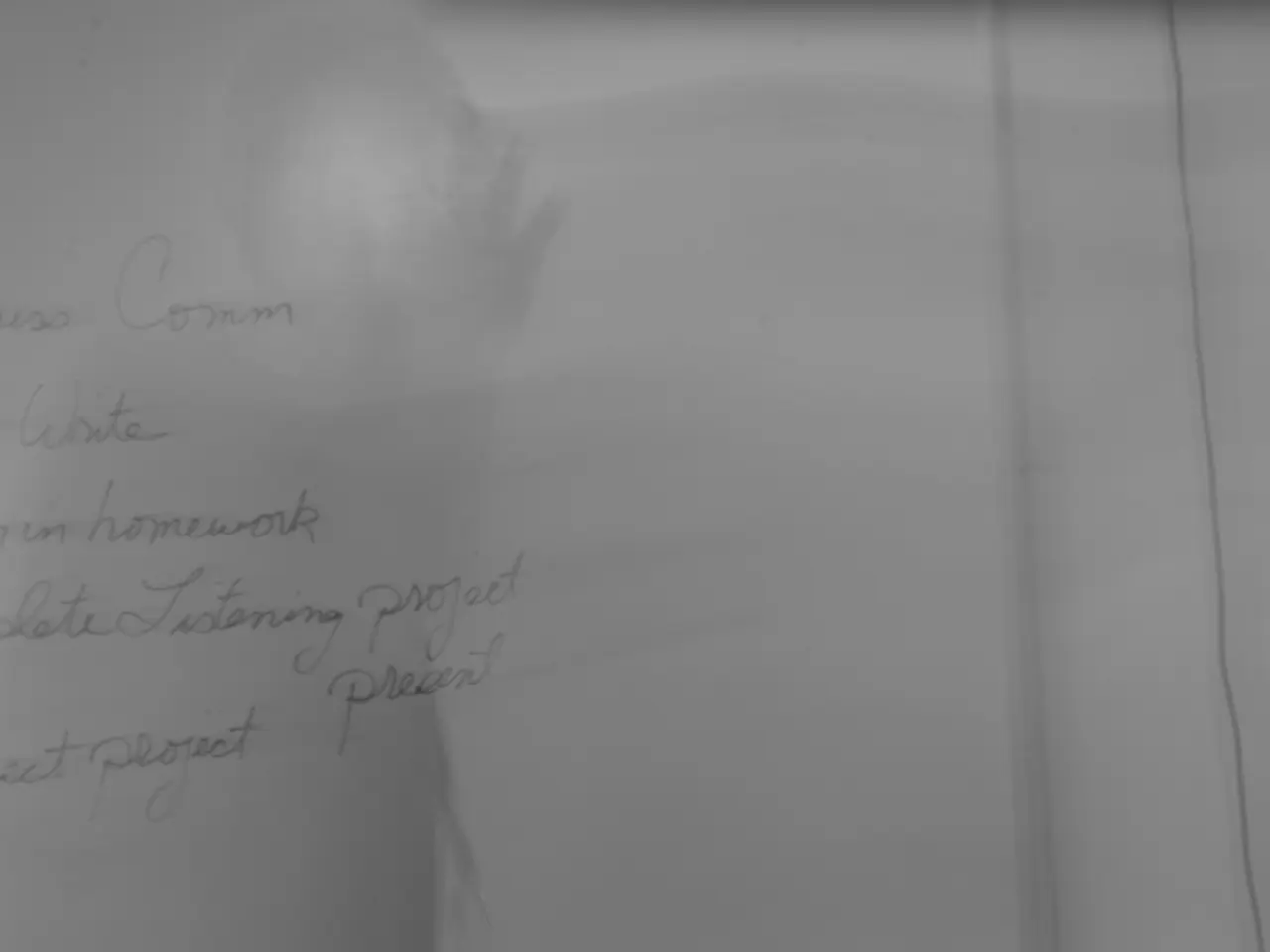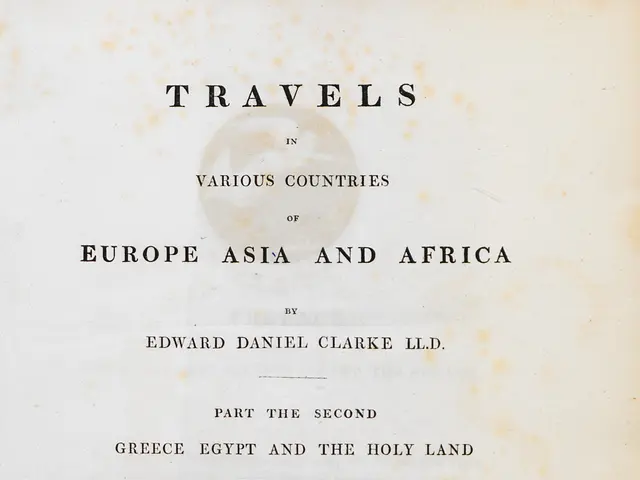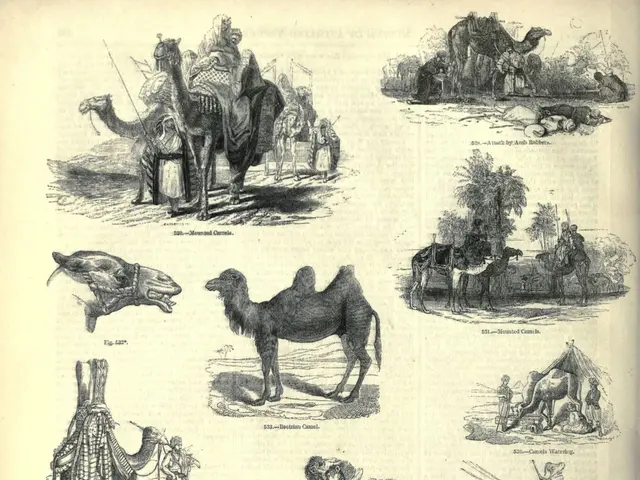Over 85 professionals label Trump's energy department climate report as a "joke" or "sham"
The US Department of Energy (DOE) has released a controversial climate report, sparking debate and concern within the scientific community. The report, prepared in just four months, has been criticised for a lack of peer review and transparency, as well as for its questionable authorship.
Abigail Swann from the University of Washington emphasised the importance of basing legal decisions on scientific knowledge that has been thoroughly reviewed, rather than on unverified documents. She expressed concerns that the DOE report, which was not subjected to peer review as required by the Office of Management and Budget's guidelines, could distort scientific understanding.
The controversy reflects the politicization of climate science in the United States, with the Trump administration seeking to delegitimise scientific consensus to justify a regulatory rollback in the midst of an environmental crisis. The battle for the scientific community transcends this report: it's about defending the credibility of science against political manipulation.
The alternative report, signed by specialists from more than 40 universities and research centres, describes the DOE's document as a 'scientific travesty.' It points out problems such as selective and decontextualised quotes, statistical errors or complete absence of verifiable data, omission of key research, and a high level of self-citation.
The DOE's report was written by five authors known for their climate skepticism. Andra Garner from Rowan University spent weeks correcting a government report filled with manipulated data. Christopher Callahan of Indiana University warned that the DOE's report is not impartial but a tool to support predetermined decisions.
The selection of authors for the DOE's report could violate a 1972 law requiring balance of perspectives in federal advisory committees. The process followed by the DOE for the report has generated controversy, with meetings held behind closed doors and without respecting transparency norms.
The real goal of the DOE's climate report is to provide cover for overturning the 2009 'endangerment finding' that established greenhouse gases harm human health. Eliminating this finding would allow dismantling federal regulations on vehicle, power plant, and industrial emissions.
However, a spokesperson for the DOE, Ben Dietderich, assured that the document was reviewed internally by experts and is now open to public comments. A group of 85 climate change experts has published a critical analysis of the DOE's report. The Secretary of Energy, Chris Wright, defended the report as an effort to 'counteract the cancellation of science' and stated that the authors did not receive political instructions.
In response, the scientific community organised to conduct a peer review of the DOE's report in less than a month when it became clear that the DOE would not do so. The battle for the credibility of science continues, as the scientific community strives to ensure that political agendas do not overshadow the pursuit of truth and the protection of our environment.
Read also:
- Russia, according to Zelensky, lacks the prowess for launching another significant offensive.
- Russia's Latest Peace Proposals for Donbas: New Diplomatic Landscape Emerges amid Alaska Summit, Potentially Opening Ceasefire Opportunities
- Amidst India's escalating climate crisis, transgender individuals continue to persevere
- Contentious Discussion Surrounding the Movie Release of "Planet of the Humans"








